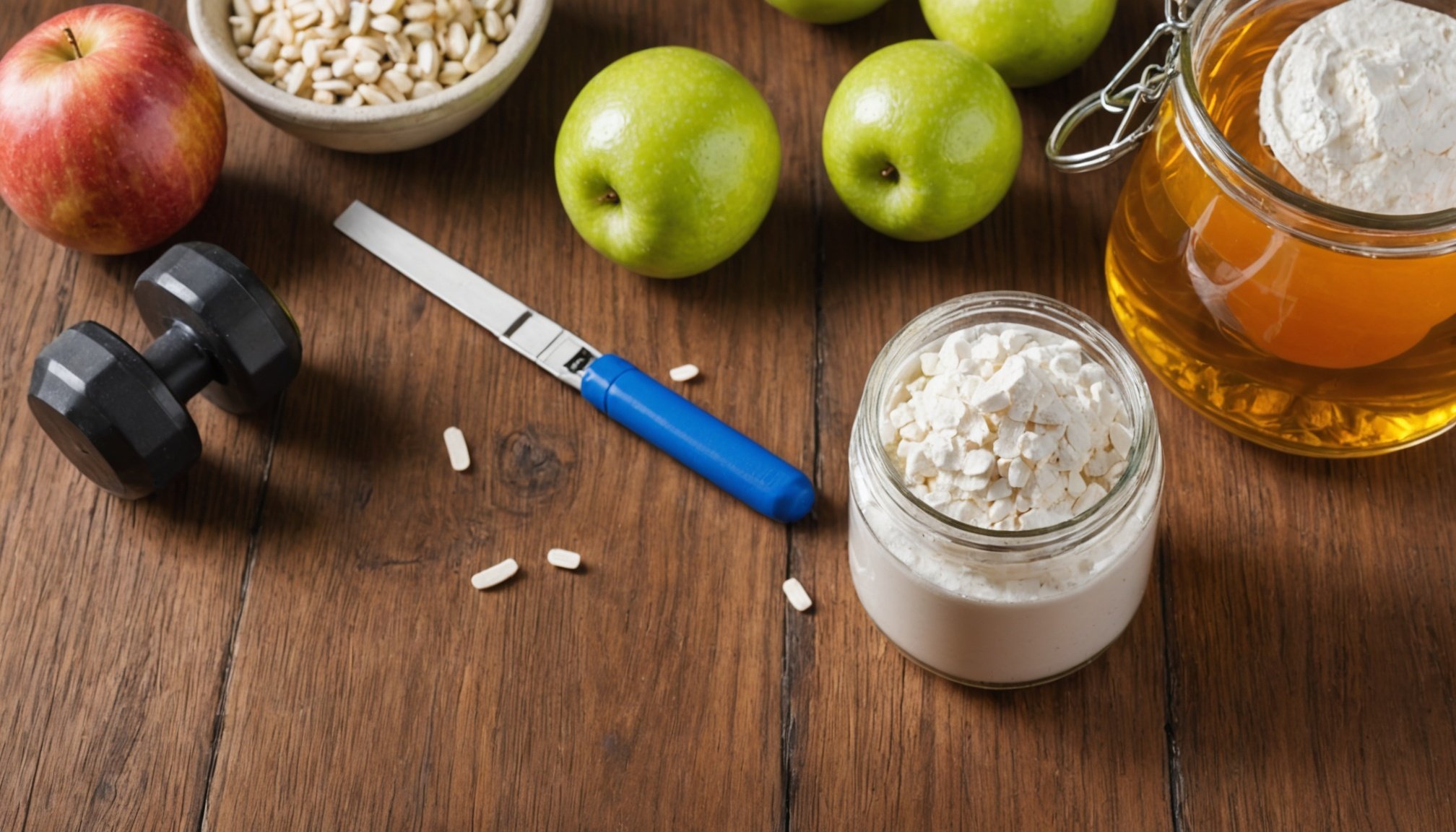Despite the rigorous training routines and healthy nutrition, the body can sometimes fall victim to injuries and wear and tear, especially in the joints and tendons. This is where the role of collagen becomes pivotal. A significant protein found in the human body, collagen helps maintain the health and integrity of our skin, hair, nails, bones, and more pertinently, our tendons and joints. In this article, we delve into the mechanism of how collagen supplementation post-workout aids in tendon repair and contributes to the overall vitality.
Understanding Collagen and Its Importance in The Body
Before diving into the specifics of the collagen’s role in tendon repair, let’s first understand what collagen is and its significance in our body. Collagen is a structural protein, constituting nearly one-third of our body’s protein content. It’s a primary building block of the body’s tissue and provides structure to the skin, bones, tendons, fibrous cartilage, connective tissue, and teeth.
Additional reading : Can intermittent fasting impact your strength training performance?
Collagen comes in at least 16 types, but types I, II, and III are the most abundant. Type I collagen is the most prevalent in the body and is densely packed, forming robust fibrous structures such as the tendons, ligaments, organs, and skin.
Also noteworthy are the amino acids that make up collagen – glycine, proline, hydroxyproline, and arginine. Amino acids are the building blocks of protein, and these specific ones play a key role in collagen’s structure and function.
In parallel : Which muscle groups should you pair together for optimal workouts?
Collagen Synthesis: How Exercise Stimulates Production
Regular exercise isn’t merely about shedding those extra pounds or building muscle mass. It also plays a significant role in stimulating collagen synthesis, thus aiding tissue repair and strengthening tendons and ligaments. When you engage in rigorous training, the mechanical load applied to the tendons triggers the fibroblasts (cells that produce collagen) to synthesize more collagen.
Research also suggests that loading the tendon within an hour of consuming collagen enhances collagen synthesis. This concept, known as nutrient timing, highlights the potential of collagen supplementation post-workout in tendon repair.
Collagen Supplementation for Tendon Repair Post-Workout
A growing body of research has highlighted the role of collagen supplementation in tendon health. A study published in the American Journal of Clinical Nutrition found that supplementing with collagen peptides increased the collagen content in tendons.
Collagen supplementation post-workout can aid in tendon repair by providing the body with the necessary amino acids to synthesize new collagen. These amino acids, in conjunction with vitamin C, act as a stimulus for fibroblasts to produce collagen. This process leads to increased collagen production, which helps repair damaged tendons and keep them healthy.
Other Essential Nutrients for Collagen Production
While collagen is the star of the show when it comes to tendon health, it’s essential to note that other nutrients play a crucial role in collagen production and tendon health. Vitamin C is one such vital nutrient. It functions as a co-factor in collagen synthesis, meaning it’s necessary for the creation of collagen in the body.
Another essential nutrient for tendon health is protein. According to a study published in the Journal of Applied Physiology, dietary protein can enhance collagen synthesis in tendons. Protein provides the body with essential amino acids needed for collagen production.
Finally, the mineral copper also plays a crucial role in collagen production. It helps link collagen fibers together, creating a strong and resilient structure. Copper deficiency can lead to decreased collagen production, potentially leading to weaker tendons.
Bridging the Gap: Collagen, Tendon Repair, and The Bigger Picture of Health
Collagen, as a significant protein in the body, plays a crucial role in the health and repair of tendons. Consuming collagen supplements post-workout can provide the necessary amino acids for new collagen synthesis, leading to the repair and strengthening of tendons. Coupled with other essential nutrients like vitamin C, protein, and copper, collagen becomes a fundamental part of a comprehensive approach to optimal health and fitness.
While more research is needed to establish a direct causal link, current studies suggest that collagen supplementation can offer a valuable nutritional strategy for those seeking to enhance tendon health and functionality. Remember, health is a long-term investment, and every small step counts in this journey.
Collagen Supplementation: A Deeper Look at The Science and Research
Let’s dig a little deeper into the science and research supporting collagen supplementation for tendon repair. Collagen peptides, a form of collagen that has been broken down into smaller molecules for easier absorption by the body, are often used in collagen supplements. Studies have indicated that these peptides are effectively absorbed into the bloodstream and utilized by the body to boost collagen production.
According to a research article on PubMed, a significant increase in collagen synthesis was observed in individuals who consumed collagen peptides and then engaged in exercise, compared to those who only exercised. This supports the theory of nutrient timing and the effectiveness of collagen supplementation post-workout.
Further, in a study available on Google Scholar, participants who consumed a collagen supplement had significantly less joint pain compared with those who did not. This implies that collagen supplementation not only helps in tendon repair but may also alleviate joint pain associated with regular intense workouts.
Another interesting study highlighted on CrossRef Google showed that supplementing with collagen peptides resulted in an increase in the diameter of collagen fibrils in the tendons. This could potentially lead to stronger tendons that are more resistant to injuries.
While the mechanism of how collagen peptides aid in tendon repair is not yet fully understood, most scientists agree that the amino acids in collagen peptides play a critical role. After consumption, these amino acids are integrated into the collagen-rich connective tissues, promoting the formation of new collagen fibers.
Conclusion: Collagen Supplements and Tendon Health – A Worthy Investment?
As the research continues to unfold, the potential benefits of collagen supplements post-workout for tendon repair and overall joint health are becoming increasingly apparent. Findings from studies accessed from PubMed, CrossRef Google, and Google Scholar indicate that collagen supplementation could indeed expedite the repair of tendons, decrease joint pain, and contribute to stronger, healthier tendons.
Collagen peptides, the star ingredient in collagen supplements, provide the necessary amino acids required for collagen synthesis. This process, combined with nutrient timing – the strategy of consuming collagen post-workout – seems to offer the most benefits for tendon repair and health.
As with any dietary supplement, it’s always best to consult a healthcare professional before starting a collagen supplementation regimen. It’s also worth noting that while collagen supplements can assist in tendon repair, they are not a substitute for a balanced diet and regular exercise. Maintaining healthy tendons requires a holistic approach that includes proper nutrition, targeted exercise, and adequate rest.
To sum up, collagen plays a vital role in tendon health and repair, and collagen supplementation post-workout appears to be a promising strategy for those looking to enhance their tendon health. With an ever-growing body of research supporting its use, collagen supplementation could very well be a worthy investment in the bigger picture of health and fitness.











